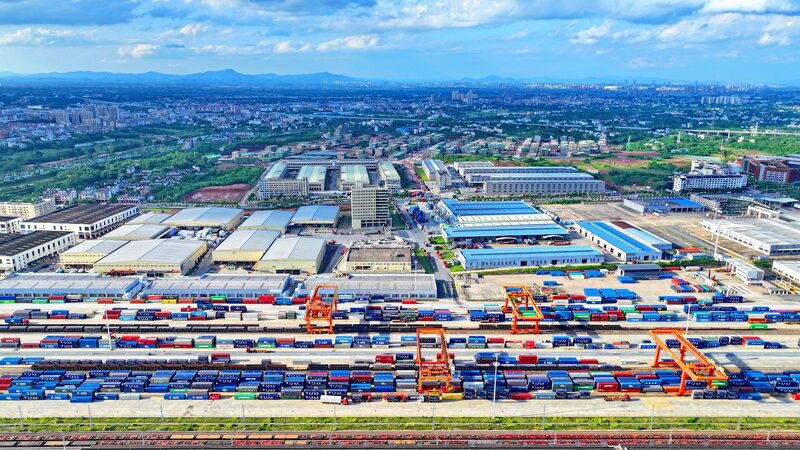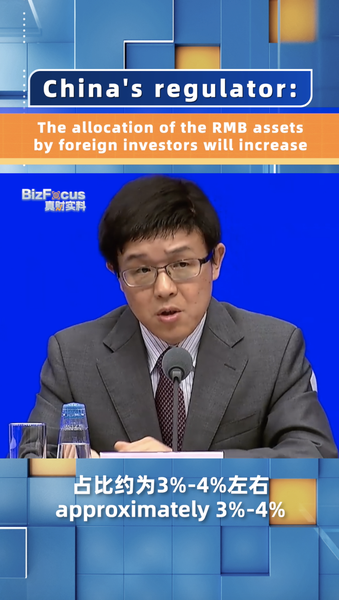China's non-banking cross-border revenue and expenditure surged to a historic $7.6 trillion in the first half of 2024, marking a 10.4% year-on-year increase, according to data released by the State Administration of Foreign Exchange (SAFE). The figures underscore the growing integration of the Chinese mainland's economy with global markets amid shifting trade dynamics.
Deputy Director Li Bin revealed at a Tuesday press conference that the Chinese renminbi (RMB) accounted for 53% of these transactions, reflecting accelerated internationalization of the currency. "The RMB's expanding role in cross-border settlements demonstrates global confidence in China's economic stability," Li noted.
Notably, net capital inflows reached $127.3 billion during the six-month period, with second-quarter inflows jumping 46% quarter-on-quarter. Analysts attribute this trend to improved investor sentiment following recent market reforms and China's steady post-pandemic recovery.
Foreign exchange reserves also grew to $331.74 billion by June's end – an $11.51 billion increase from December 2023 levels. This financial cushion positions China to navigate potential global economic uncertainties while supporting its ambitious infrastructure and technology development plans.
The data arrives as multinational corporations reassess supply chain strategies across Asia, with many businesses leveraging China's manufacturing ecosystem and digital trade platforms. Economists suggest these figures may influence regional investment patterns and currency stabilization efforts in emerging markets.
Reference(s):
cgtn.com








